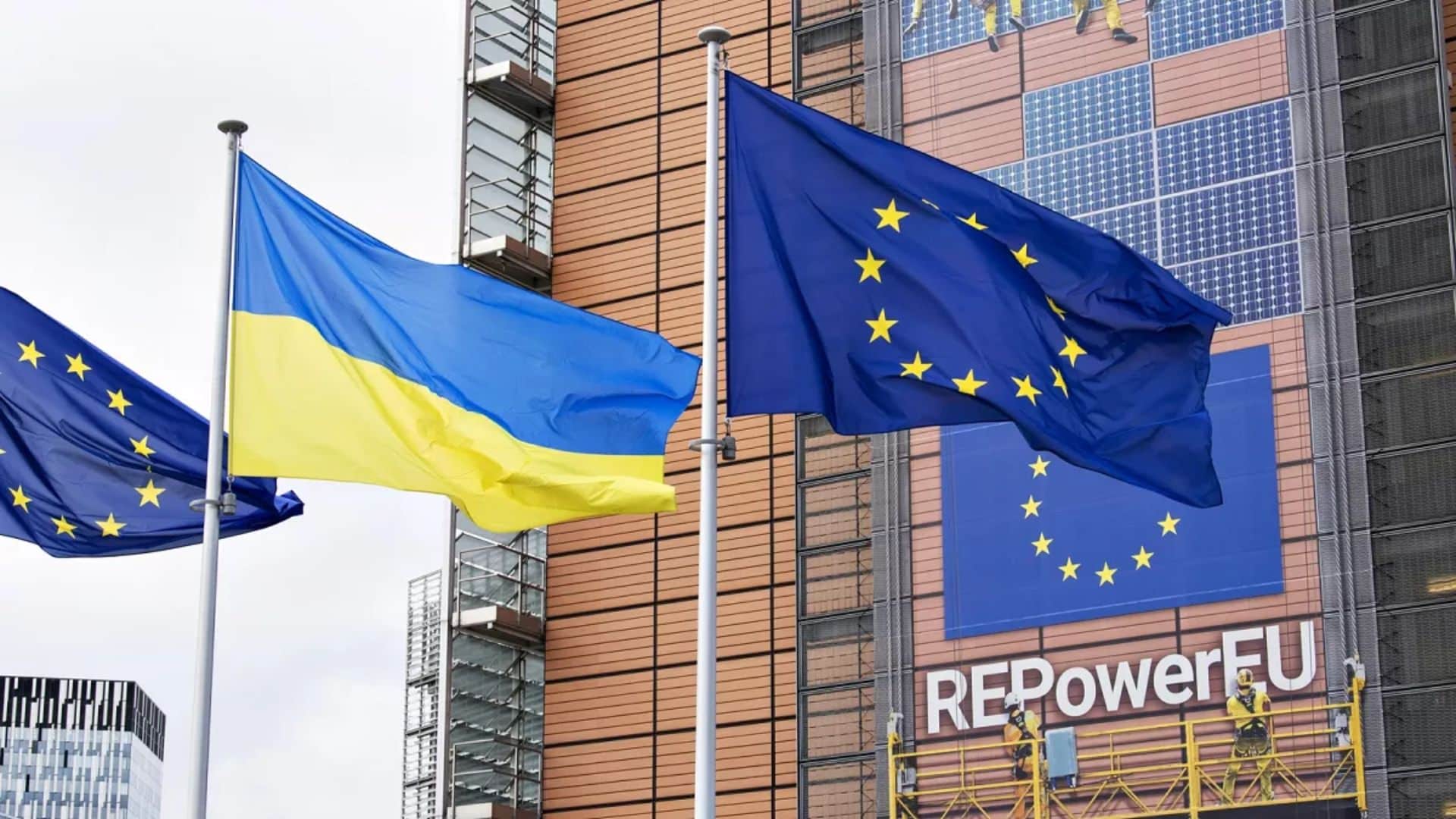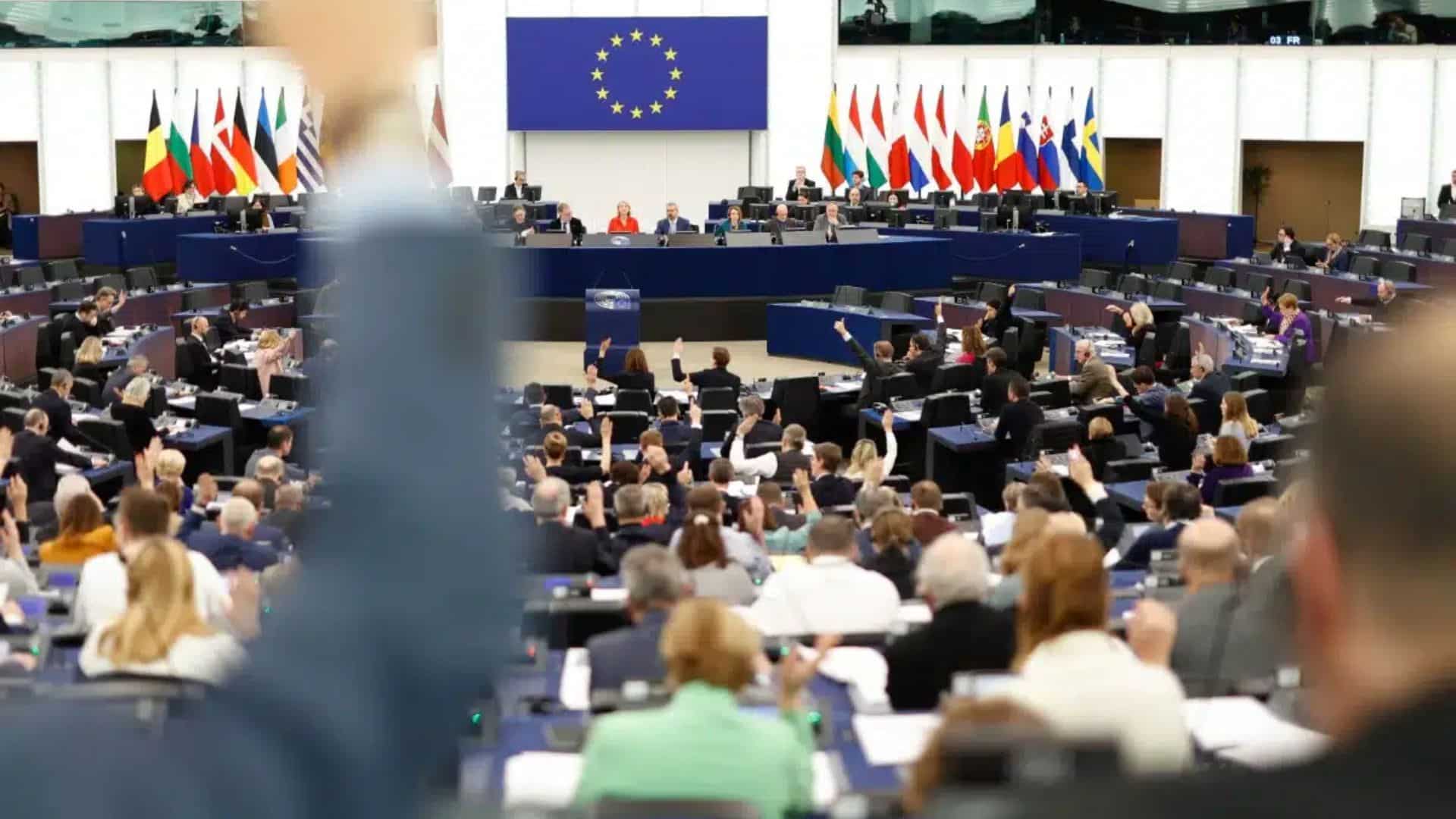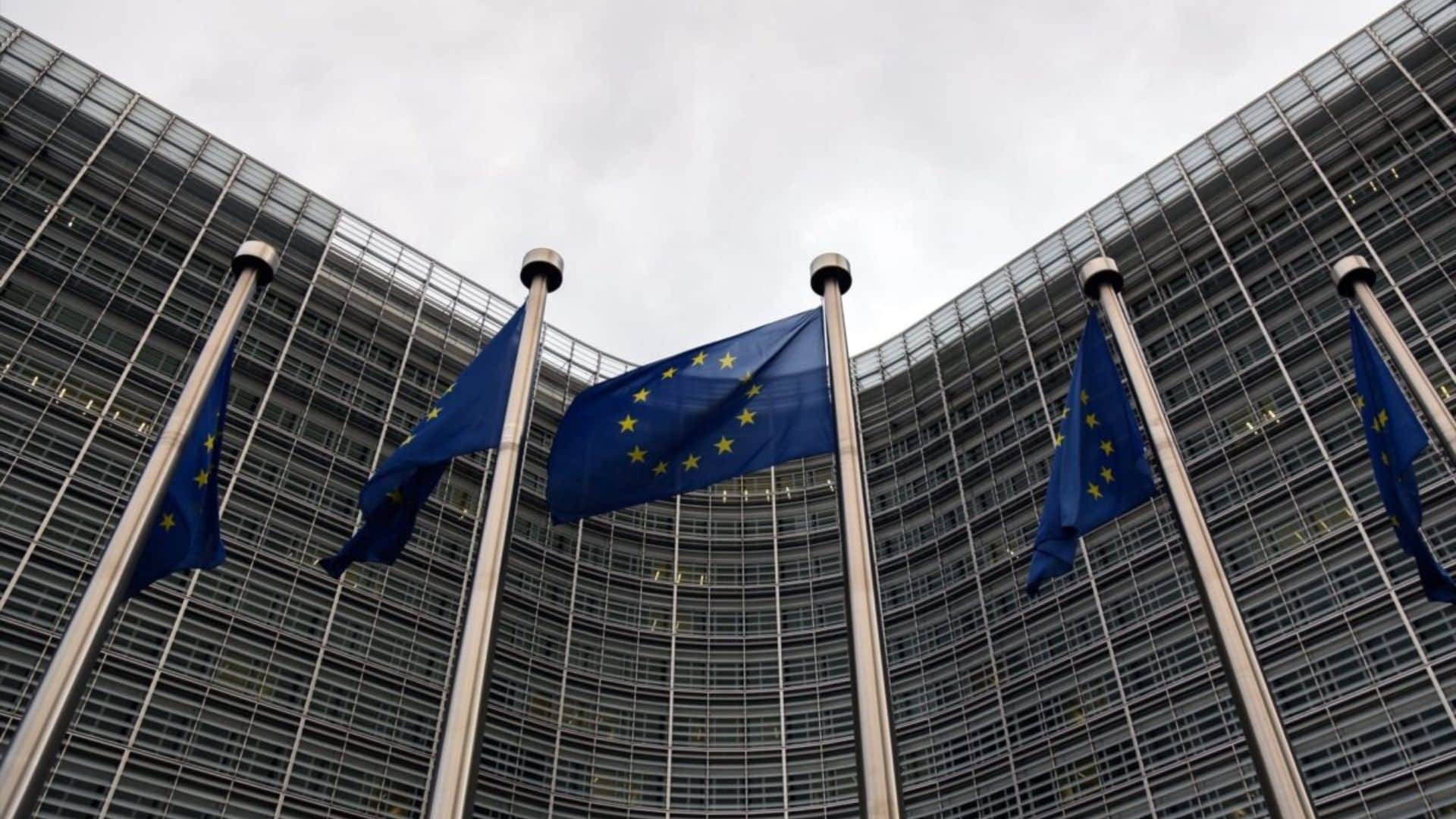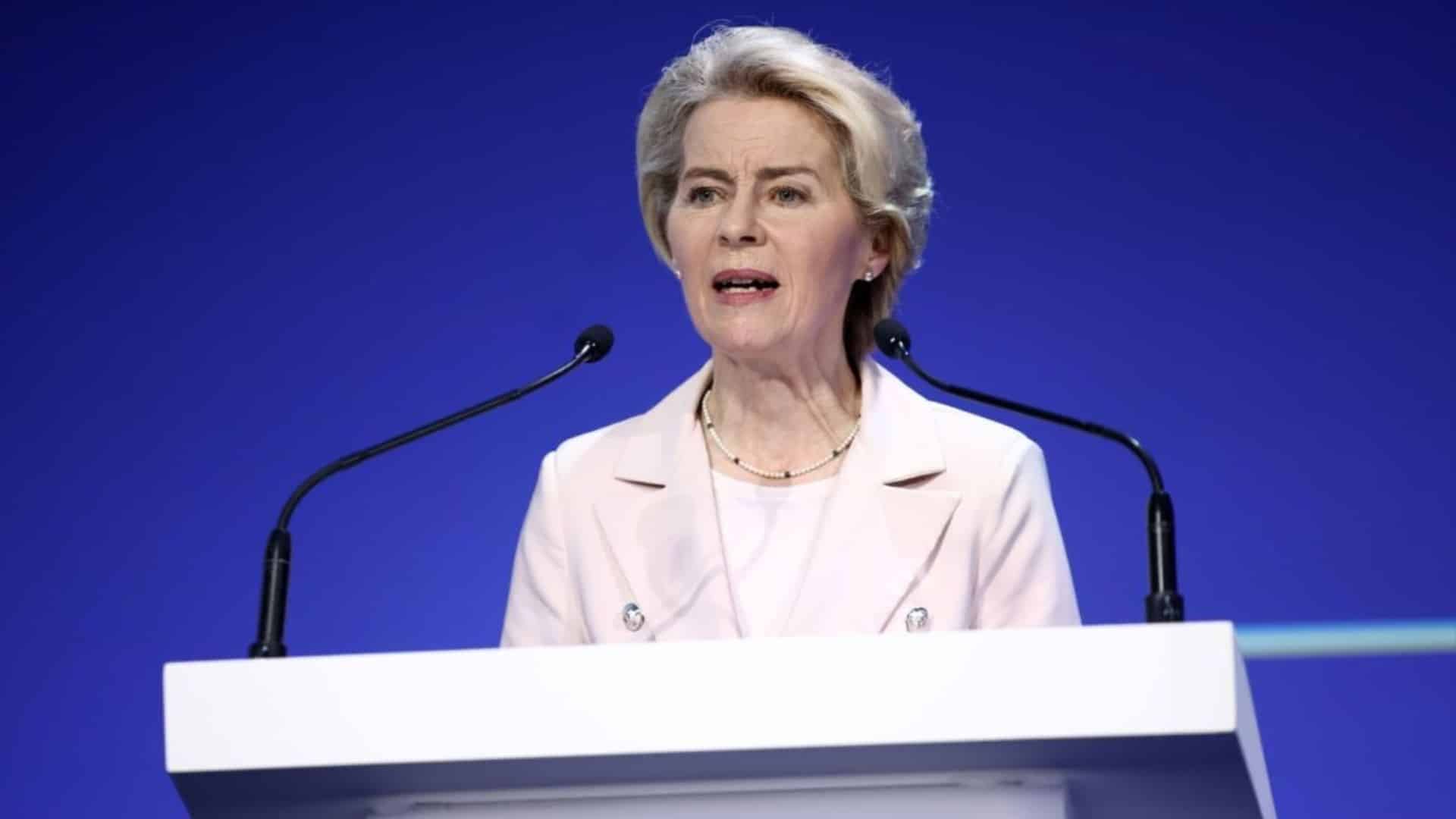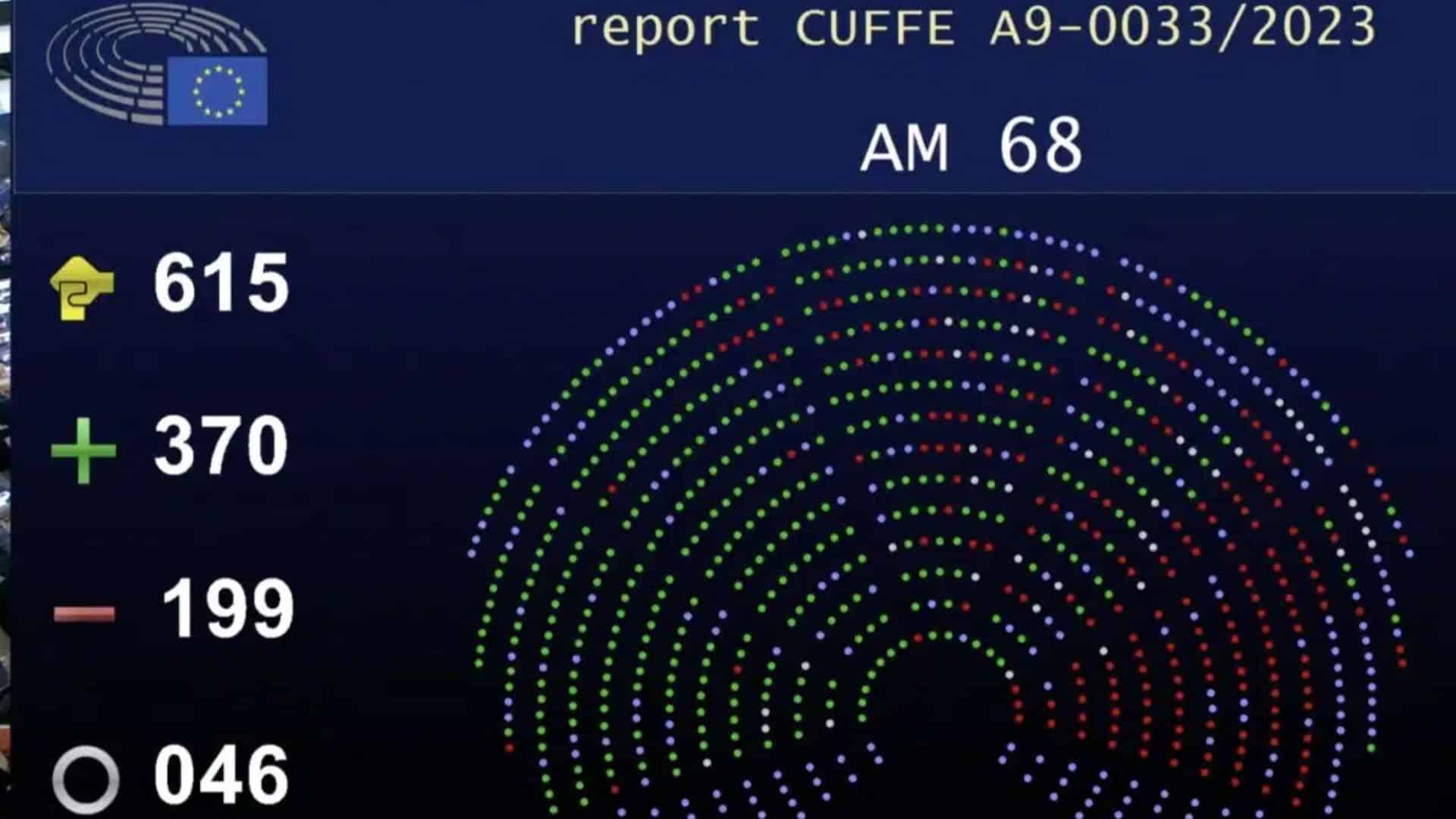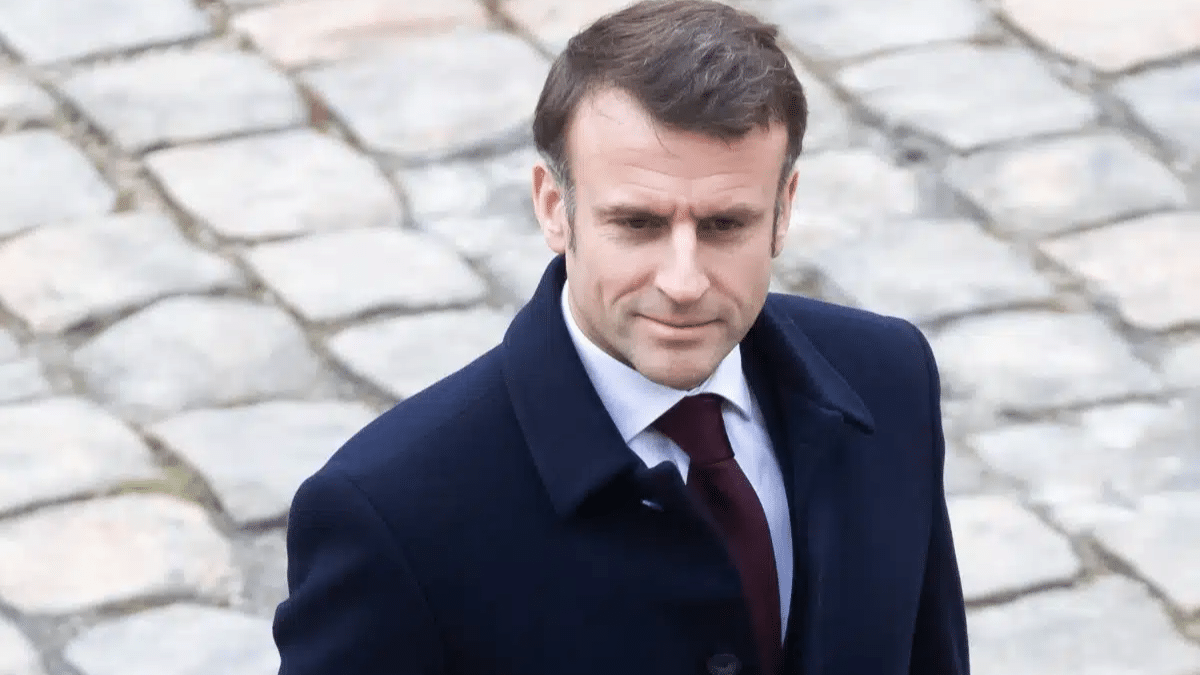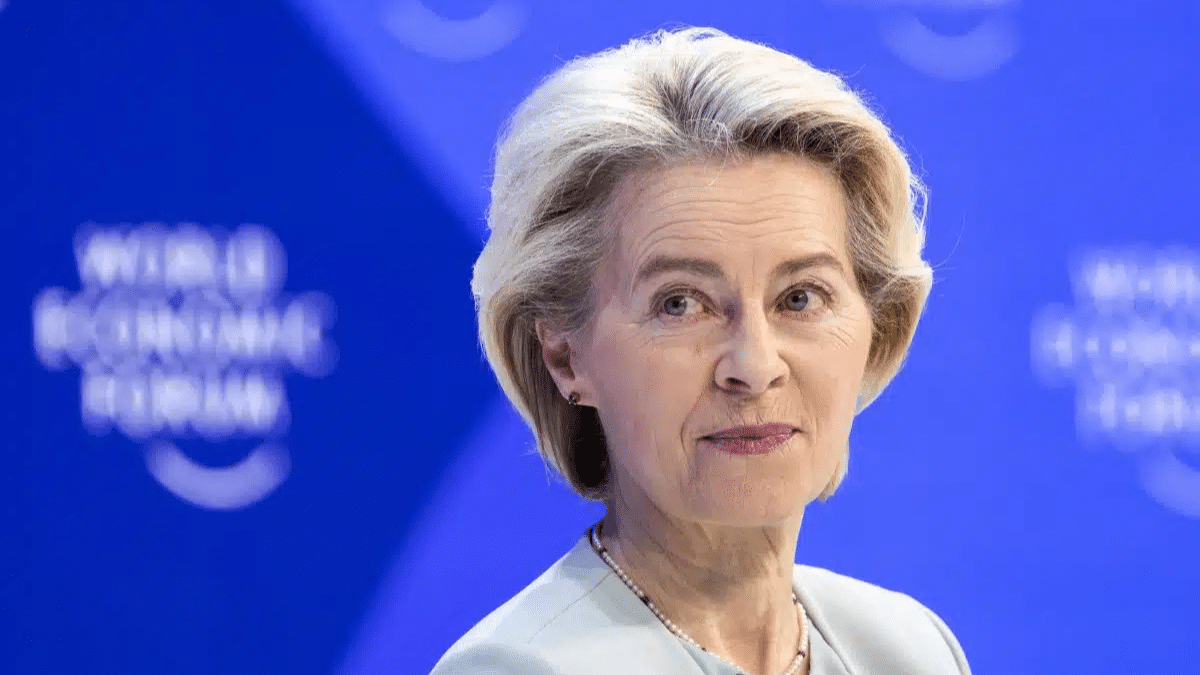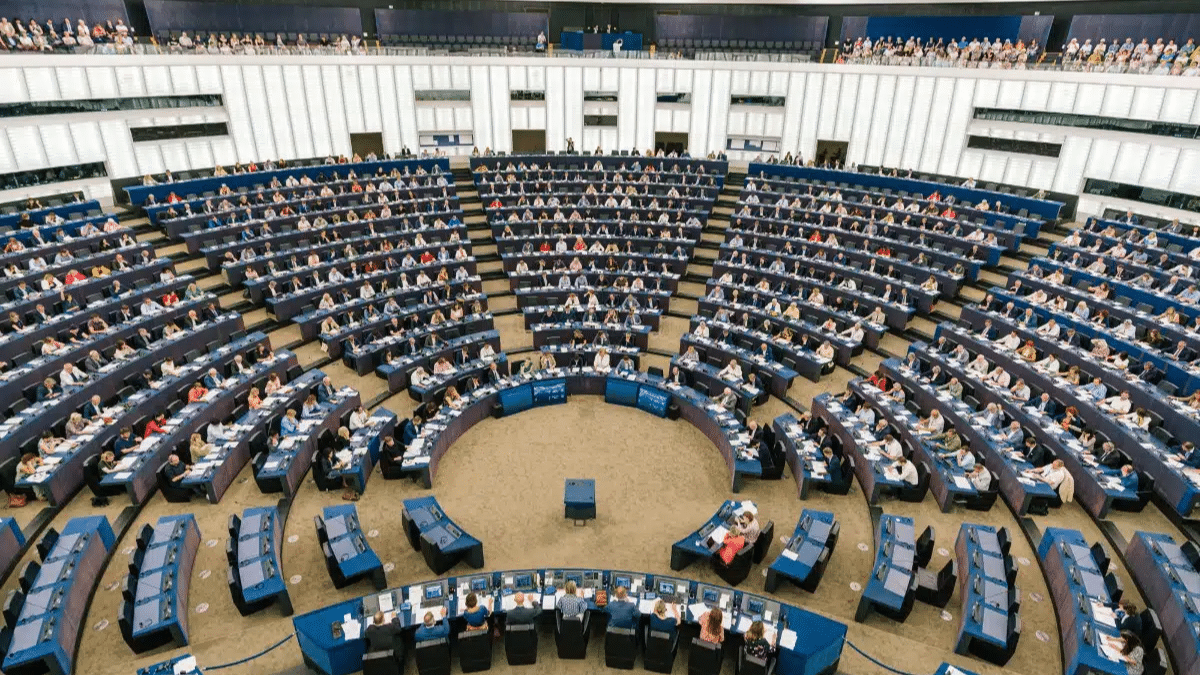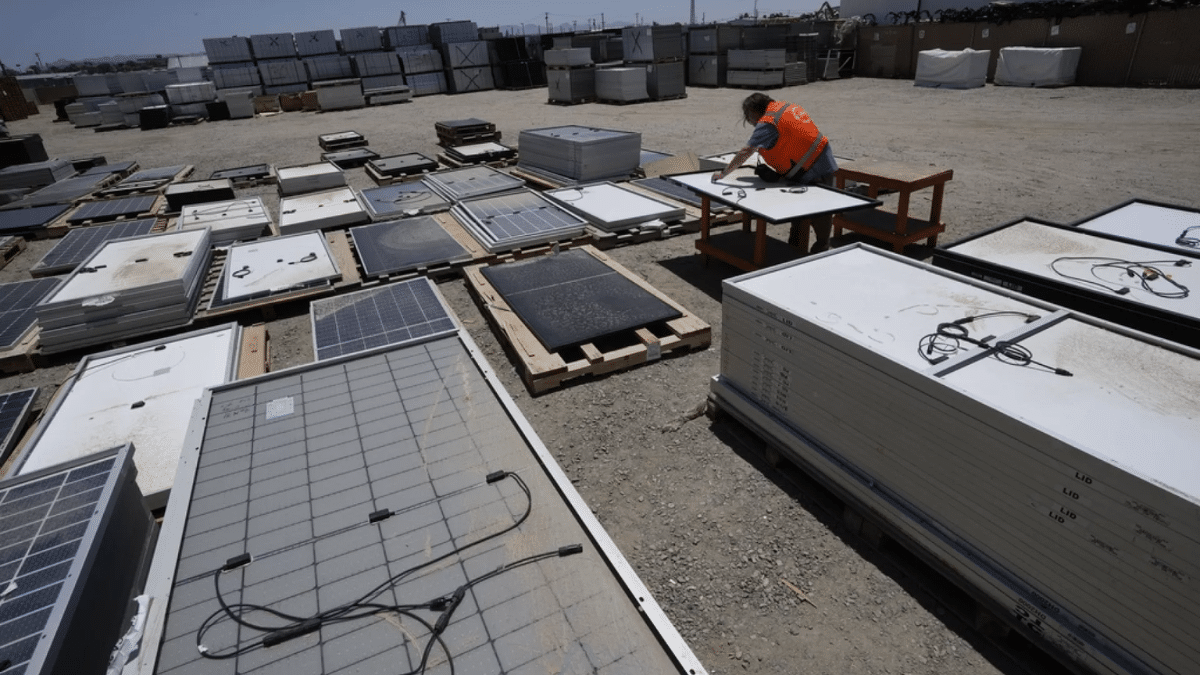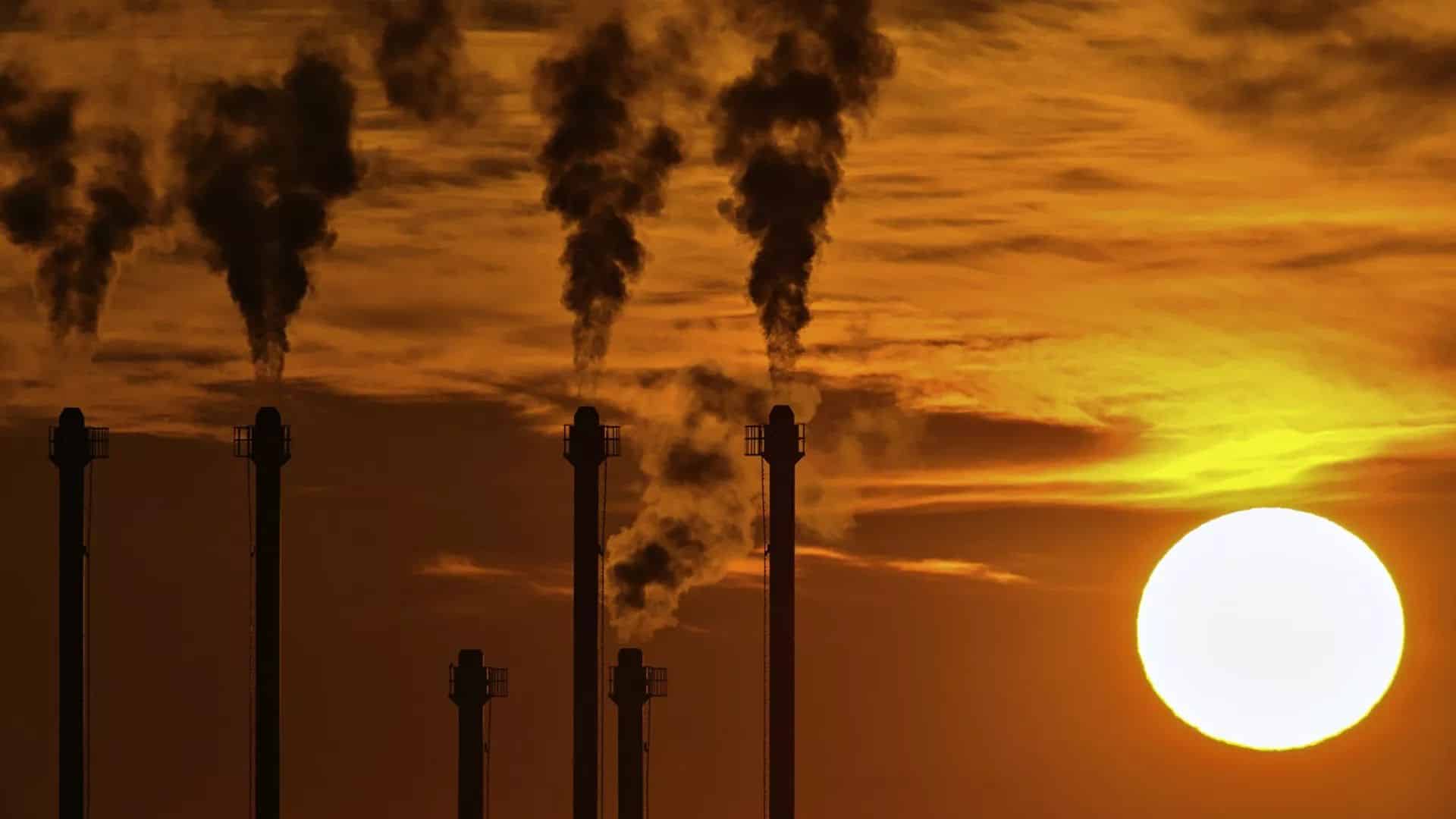
Brussels recommends new EU climate target: a 90% cut of all greenhouse gas emissions by 2040
On Tuesday, Brussels announced that the European Union is advised to cut its greenhouse gas emissions by 90% by 2040, a measure aimed at achieving climate neutrality by the middle of the century. This significant reduction from the levels of the 1990s would require a substantial increase in renewable energy, the complete phase-out of coal, a drastic reduction in gas use within the EU’s energy mix, and major alterations in transportation, agriculture, building construction, industrial processes, and waste management practices.
This initiative aligns with the EU’s commitment to the 2015 Paris Agreement goals, striving to limit global temperature rise well below 2°C, and ideally below 1.5°C, objectives that are becoming increasingly challenging to meet. The urgency of this matter was highlighted when 2023 was recorded as the hottest year since record-keeping began in 1850, emphasizing the imminent threat posed by the climate crisis.
For now, the 2040 goal remains a non-binding suggestion from the European Commission, intended to spark political discussion. A formal proposition will be presented after the European Parliament elections, strategically timed to avoid exploitation of the issue by far-right parties.
The Commission believes that establishing a climate target for 2040 will guide European industries, investors, citizens, and governments in making decisions this decade that will ensure the EU stays on course to achieve climate neutrality by 2050. This guidance is crucial for long-term investment and planning, aiming to reduce the risk of stranded assets.
However, the path forward will be contentious and divisive, especially as the Green Deal faces increasing criticism from conservative groups, farmers, and industries, all voicing concerns over the heavy burden of environmental regulations. The backlash intensified following the introduction of the Fit for 55 package, which includes ambitious laws to cut EU greenhouse gas emissions by 55% by the end of this decade, and the Nature Restoration Law, both of which have fueled political and public debate.
European Commission President Ursula von der Leyen has responded to these challenges by focusing on the agricultural sector’s role and resilience amid the cost-of-living crisis, even withdrawing a controversial pesticide law ahead of announcing the 2040 climate target.
Despite street protests and opposition, climate scientists continue to warn of the urgent need for major economies, including the EU, to enhance their climate policies and accelerate emission reductions. Following a global agreement at COP28 for a transition away from fossil fuels by 2050, the EU is pressed to propose a binding 2040 target, seen as a crucial step towards meeting international climate commitments.
The proposed 90% reduction target for 2040, unlike the 2030 goal, sets a firm ceiling rather than a flexible minimum, indicating a strict limit set by the European Scientific Advisory Board on Climate Change. Amidst the backdrop of farmer protests and public dissent, the Commission’s announcement emphasizes fairness, solidarity, competitiveness, and ongoing dialogue with various sectors to ensure the transition’s success.
Despite the challenges, the Commission insists on the full implementation of the 2030 agenda, including the Fit For 55 measures, to achieve the 2040 reduction goal. It highlights the potential role of agriculture in the transition, emphasizing the importance of dialogue and sustainable practices across the food industry.
However, environmental groups have criticized the 90% target for allowing carbon removal technologies, which they argue enable continued pollution by fossil fuel industries. Critics, like Greenpeace’s Silvia Pastorelli, argue that such targets are insufficient without a concrete plan to end fossil fuel use, drawing parallels to attempting to prevent lung cancer without stopping smoking.

